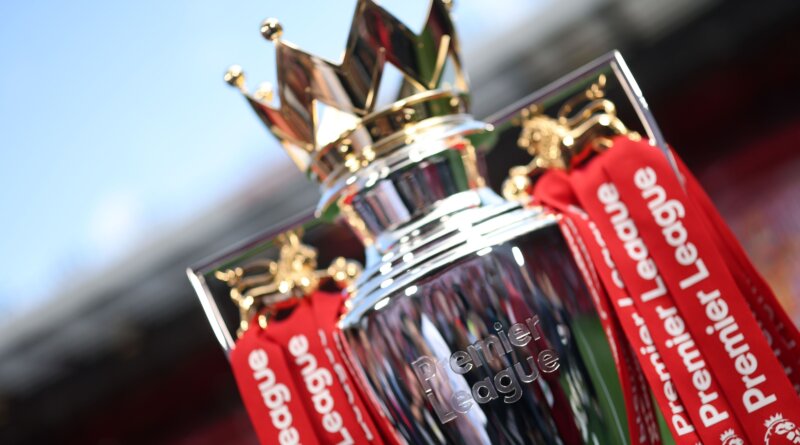Premier League Profit and Sustainability Rules Face Overhaul
Premier League Profit and Sustainability Rules have come under intense scrutiny in recent years, and now the league is considering a major shake-up. The top-flight clubs are set to vote on whether to scrap the existing financial regulations, known as the Profit and Sustainability Rules (PSR), and adopt a new system that more closely mirrors UEFA’s financial guidelines.
Why the Premier League Profit and Sustainability Rules Are Up for Change
Introduced ahead of the 2015/16 season, the Premier League Profit and Sustainability Rules were designed to curb reckless spending and maintain financial discipline among clubs. The rules capped losses clubs could make over a rolling three-year period, hoping to prevent financial crises and promote responsible management.
However, over time, the PSR has become highly controversial. Critics argue that the rules are too rigid, stifling investment and making it challenging for clubs outside the elite to compete. Some clubs have also been penalized for breaching the regulations, leading to points deductions and heavy fines, which has fueled further debate about fairness and effectiveness.
Alignment with UEFA Financial Regulations
The Premier League is now exploring a shift toward a financial model that aligns more closely with UEFA’s regulations. UEFA’s system focuses more on squad cost controls and sustainable spending relative to club income, offering a more flexible framework. By moving in this direction, the Premier League aims to streamline compliance for clubs involved in European competitions and reduce confusion caused by differing sets of rules.
Club executives believe this alignment could make the English league more attractive to international investors and allow for smarter, sustainable growth across the board. The upcoming vote will determine whether the current PSR is scrapped in favor of this new approach.
Clubs Split on the Future of the PSR
The debate around the Premier League Profit and Sustainability Rules isn’t straightforward. Some club owners believe the PSR has achieved its objective—creating a level playing field and putting the brakes on unsustainable spending. Others view it as a hindrance, arguing that the rules disproportionately affect ambitious clubs seeking to break into the established elite.
Smaller clubs have voiced concerns that relaxing the rules could lead to an arms race in spending, while larger clubs, particularly those with European ambitions, argue that a unified set of financial regulations would simplify their operations.
The Potential Impact of Scrapping PSR
If the Premier League votes to scrap the PSR, several changes could follow. The adoption of UEFA-aligned financial rules may ease the administrative burden on clubs, especially those participating in both domestic and European competitions. There could also be a shift in how clubs budget for transfers and wages, with a stronger focus on spending in line with revenue.
However, the move is not without risks. Critics warn that less stringent controls could open the door to financial instability, especially for clubs tempted to spend beyond their means in pursuit of short-term success. The league will need to ensure that any new system maintains the balance between ambition and responsibility that the PSR aimed to achieve.
What Happens Next? The Road to Reform
The upcoming vote on the future of the Premier League Profit and Sustainability Rules is expected to be closely contested. Clubs, executives, and fans alike will be watching closely to see which direction the league takes. If the new system is approved, it could mark a significant turning point in how English football operates financially.
For ongoing updates and in-depth coverage of Premier League developments, visit for more news.
Opinion: Will a UEFA-Style Approach Benefit the Premier League?
Adopting a UEFA-aligned financial system could bring much-needed clarity and consistency to English football, especially for clubs competing on multiple fronts. However, the Premier League must tread carefully to avoid weakening the financial safeguards that have helped prevent crises in the past. Striking the right balance between encouraging growth and maintaining sustainability will be critical as the league enters this new chapter.
Your global gateway to nonstop football coverage:
News Goal
Share this content:
